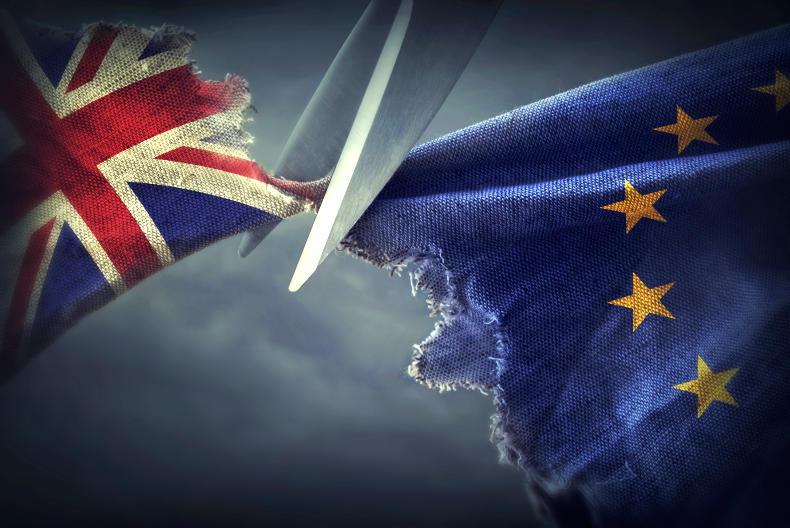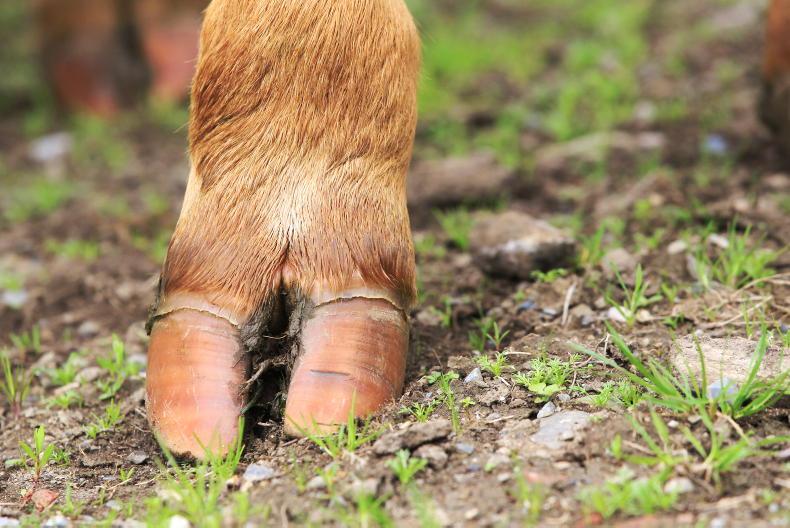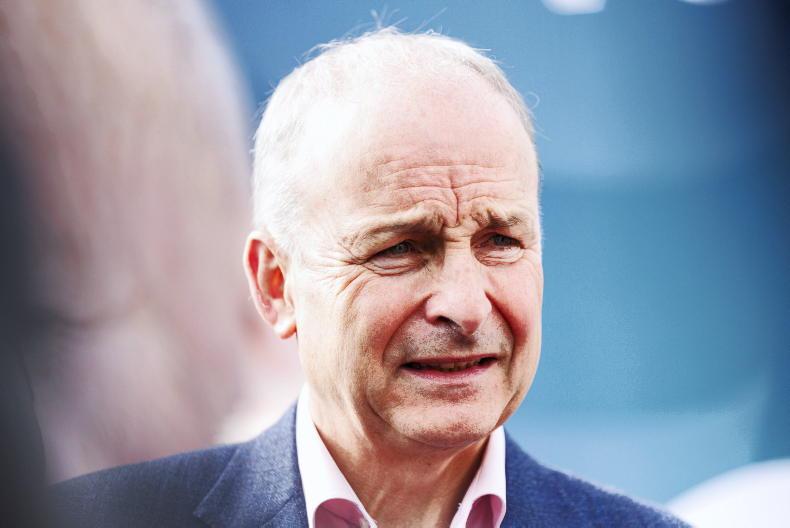In a hard Brexit scenario, dairy and beef exports could fall 76% and 53%, respectively, below what has been forecast for 2030, a new analysis of the implications of Brexit has found.
The analysis which was prepared by Copenhagen Economics found that Ireland is uniquely exposed to Brexit due to a very high trade intensity with the UK.
It has found that in a World Trade Organisation (WTO) Brexit scenario, Irish beef exports to the UK could fall 53% below what exports have been forecast for 2030. The risk of regulatory divergence is the main factor affecting exports from the beef sector.
In a free trade agreement (FTA) scenario and customs union scenario, where it is assumed that the EU and the UK agree on a traditional customs union agreement, beef exports could fall by as much as 28% and 35%.
The analysis found that production in the sector will also be negatively affected in all scenarios ranging from a decrease of 11% in a European Economic Area (EEA) scenario, where similar levels of trade costs between the EU and the UK as are currently observed between the EU and the EEA-members (Norway and Iceland) to 23% in a WTO scenario compared with where production levels forecast for 2030 would be.
The impact in the customs union and FTA scenarios is a decrease of 12% to 14%.
Dairy
Meanwhile, in the dairy sector, the analysis found that exports to the UK could fall by between 35% and 76% below the projected level by 2030 if Brexit were not to happen, in the EEA and WTO scenarios.
In the FTA and CU scenarios, dairy exports could fall 37% to 38%. Dairy production could also be effected, with an 18% drop in production in the sector in a hard Brexit scenario.
For the dairy sector, regulatory divergence is the main factor affecting exports.
While raw milk and fresh milk is normally not traded outside the UK, some 600m to 700m litres of milk are imported from Northern Ireland for processing in Ireland each year.
The analysis found that this north-south milk trade may not be commercially viable if tariffs and border costs are imposed.
Analysis of the Copenhagen Economics report to follow
Read more
Brexit threatens 31 jobs at Kerry Group plant
Brussels and the UK on a collision course
In a hard Brexit scenario, dairy and beef exports could fall 76% and 53%, respectively, below what has been forecast for 2030, a new analysis of the implications of Brexit has found.
The analysis which was prepared by Copenhagen Economics found that Ireland is uniquely exposed to Brexit due to a very high trade intensity with the UK.
It has found that in a World Trade Organisation (WTO) Brexit scenario, Irish beef exports to the UK could fall 53% below what exports have been forecast for 2030. The risk of regulatory divergence is the main factor affecting exports from the beef sector.
In a free trade agreement (FTA) scenario and customs union scenario, where it is assumed that the EU and the UK agree on a traditional customs union agreement, beef exports could fall by as much as 28% and 35%.
The analysis found that production in the sector will also be negatively affected in all scenarios ranging from a decrease of 11% in a European Economic Area (EEA) scenario, where similar levels of trade costs between the EU and the UK as are currently observed between the EU and the EEA-members (Norway and Iceland) to 23% in a WTO scenario compared with where production levels forecast for 2030 would be.
The impact in the customs union and FTA scenarios is a decrease of 12% to 14%.
Dairy
Meanwhile, in the dairy sector, the analysis found that exports to the UK could fall by between 35% and 76% below the projected level by 2030 if Brexit were not to happen, in the EEA and WTO scenarios.
In the FTA and CU scenarios, dairy exports could fall 37% to 38%. Dairy production could also be effected, with an 18% drop in production in the sector in a hard Brexit scenario.
For the dairy sector, regulatory divergence is the main factor affecting exports.
While raw milk and fresh milk is normally not traded outside the UK, some 600m to 700m litres of milk are imported from Northern Ireland for processing in Ireland each year.
The analysis found that this north-south milk trade may not be commercially viable if tariffs and border costs are imposed.
Analysis of the Copenhagen Economics report to follow
Read more
Brexit threatens 31 jobs at Kerry Group plant
Brussels and the UK on a collision course










SHARING OPTIONS